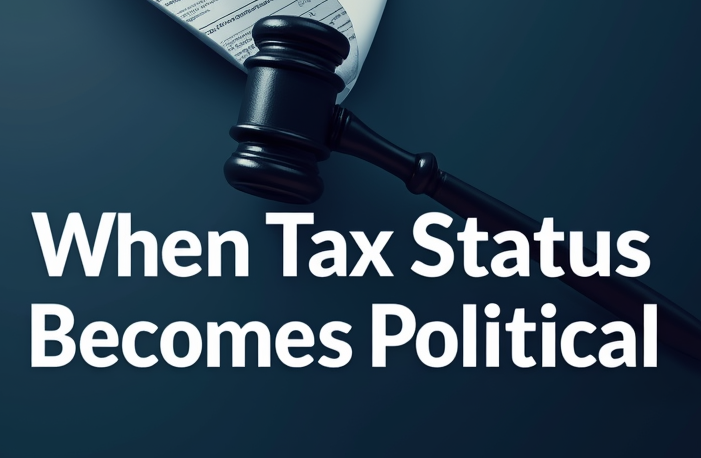TNPA State Legislative Report | April 2020
The Coronavirus pandemic has essentially shut down all State legislative activity that regulates solicitation of charitable contributions. Only five States have their full legislatures in session at this time: AR, MA, NJ, PA, and VT. Missouri’s State House is in session as well.
None of these legislatures are considering any bills that would further regulate the solicitation of charitable contributions. Many of the State agencies that regulate charitable solicitations are offering extensions to nonprofits to allow for delays in filing annual reports; fewer agencies are offering similar extensions to fundraisers and professional fundraising consultants. The Treasury Department has made wholesale extensions to most tax filings due between April 1 and July 15, including IRS Forms 990. For calendar year filers, July 15 is the new due date (rather than May 15).
TNPA is working with a large group of solicitation law registration firms to track changes being necessitated by Covid-19. A number of states have announced filing date extensions. Complications abound, such as getting original signatures, notarizations, paper checks issued – and more. The aim is to gather the procedural changes in one place and to keep that tabulation up to date. The first iteration will be made available to TNPA members as soon as we have it.
Despite all this “official” inactivity, TNPA lobbyists still hear about legislators’ plans to enact data privacy regulations (particularly in California) once legislatures go back into session, whenever that may be. View our State Data Privacy Quick Guide, based on bills that dropped prior to shut downs.
What We Anticipate Happening on Capitol Hill in the Coming Weeks and Months
On March 27th, Congress passed and the President signed into law the Coronavirus Aid, Relief, and Economic Security Act (CARES Act), which is the largest financial aid package in U.S. history, providing $2.2 Trillion of aid to help meet the challenge of the virus. Congress is now in the midst of enacting another major aid package of approximately $450 Billion. This package just passed the Senate and the House is expected to pass this package later this week. Similar to the CARES Act, this new package adds a loan forgiveness provision of $310 Billion open to companies and 501(c)3 organizations, supplementing the $350 Billion in the original CARES Act which has already been exhausted. The new loan forgiveness provision will set aside $60 Billion of the $310 Billion for minority-owned entities, women-owned entities, and under-served areas.
We anticipate additional aid packages to be enacted by Congress in the coming months.
Funding for the Postal Service
The onset of the coronavirus has reduced mail volume. In early March, when the first coronavirus cases began to appear, the Postal Service experienced a 5.3% decline in overall volume. By March 30, the decline had increased to 30%, according to Congressman Gerry Connolly (D-VA), the chair of the House Subcommittee on Government Operations, which has jurisdiction over the Postal Service.
In the CARES Act, the legislation included a provision increasing the borrowing authority of the Postal Service with the Treasury by $10 billion. This new borrowing authority is in addition to the $4 billion that the USPS already has. The Postal Service has yet to draw on these monies, and thus has $14 billion of borrowing authority available.
In addition to this increased borrowing authority, House Speaker Nancy Pelosi (D-CA) has been calling for direct appropriations of $25 billion for the Postal Service.
TNPA has been monitoring the situation with the Postal Service closely and believes that should the Postal Service need an infusion of cash – beyond its borrowing authority – there is bipartisan support in Congress for a direct appropriation of funds for the USPS.
Universal Charitable Deduction
Incorporated in the CARES Act was a temporary universal charitable deduction for calendar year 2020, capped at $300. The provision is an “above the line” deduction that may be taken in addition to the standard deduction for taxpayers who do not itemize on their 2020 taxes. Donations to donor advised funds are not eligible for this deduction.
As TNPA has shared previously, a bipartisan group of six Senators continues to spearhead the drive to reinstate a permanent universal charitable deduction, with a cap higher than $300: Senators James Lankford (R-OK), Chris Coons (D-DE), Mike Lee (R-UT), Amy Klobuchar (D-MN), Tim Scott (R-SC), and Jeanne Shaheen (D-NH).
Resources
View our State Sales Tax Guide for out of state direct mail.
Watch From Cybersecurity to Insurance Recoveries: Legal & Practical Covid-19 Challenges for Nonprofits, a webinar hosted by TNPA and led by Jon Dartley, Attorney at Law with Perlman+Perlman LLP. (Recorded April 13)



